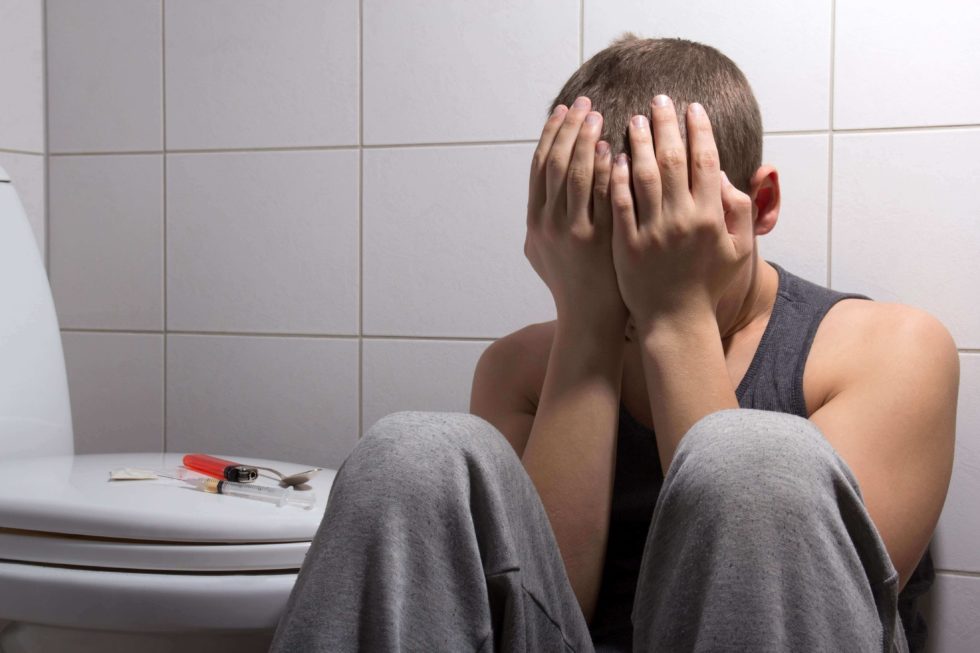Intensive Outpatient Programs
The use of IOPs is essential in the rehabilitation of people whose substance abuse has been repressed and/ or removed. The need to take care of a patient at home is often difficult for some patients. These live-in therapy solutions often provide the highest level treatment, removing the addicted from access and abuse by others that can help relapse or act as a catalyst to recover. Sometimes a parent may be forced into work or family obligations and this is a reason they cannot be able to work full-time. They simply have no option for surviving for long periods. Usually, the IOP is the most appropriate solution.
Table of Contents
IOP means intense outpatient programme. IOP programs address drug addiction and other mental illness disorders. IOP provides counseling and life skill classes to people with substance abuse issues. Iops treats psychiatric issues, addiction, and others. If you work and go to college I’m sure you’ll get a certificate from IOP. IOP programs provide training for the problems that can lead to addiction. Some courses may include subjects such as how best treatment can be chosen depending upon individual requirements. The IO may be best for the patient that is stepping out of inpatient care.
Our IOP Program in Indianapolis, Indiana
Our inpatient intensive care program begins with thorough mental health assessments at Evolve Indy. It helps to collaborate with therapists to create individualized addiction treatments for each individual. It will also help determine the duration and length of an intensive outpatient program. The clinic combines outpatient care with community home care and outpatient treatment. Should you choose to live in community homes, you share your sober home with others participating in our treatment program. Evolve Indy provides every day transport to clinics and clinical services.
Difference between residential treatment and inpatient treatment
Several key differences are between hospital and residential care programs. Inpatient care is in hospitals. Residence therapy takes place inside the home. Residential treatments last longer than inpatients. Inpatient treatments are short-term stays typically between 7-10 days. The purpose of inpatient care involves addressing yourself in a situation such as depression, anxiety or suicide. Residential treatment is available for at least three months. Inpatient rehabilitation is the focus on rehabilitation after inpatient therapy as well as detox.
Our Intensive Outpatient Program includes
- 9 to 15 hours of clinical care per week
- Individual sessions
- Different educational groups, such as Life Skills & Relapse Prevention
- The continuation of medication management
- Daily 12-step sessions

Is residential treatment the same as rehabilitation?
Residential treatment can help you to recover from a drug or alcohol problem. Generally speaking, rehabilitation is the name for various types of treatment for addiction. Rehab is a program designed to help people overcome drug problems. Rehab can also provide other treatments for addictions as well as coexistence disorders and addiction. Rehabilitation is a treatment process that involves steps from a high care level to lower care levels. If needed you should be able to attend support sessions.
when you live at home and participate in intensive outpatient treatment in Indianapolis. With the Intensive Outpatient Treatment program you are able to establish a foundation for long term recovery support in your local community right from the start of your treatment, instead of waiting until you return from living away in a rehab center. In the Intensive Outpatient Program, you continue your life with support from the local professional
Which is better for me inpatient or outpatient?
The major difference between residential and inpatient addiction treatment is that residential treatment requires you stay at the facility while your treatment is undergoing a medical detox period. Inpatient treatment or rehabilitation centers often provide many different treatments that intensive programs cannot offer. Because patients have to stay in a hospital while receiving treatment, inpatient programs offer housing, food and health care services, and food and recreational activities during their treatments.
Understanding intensive outpatient treatment in Indianapolis
The use of intensive inpatient treatment may be helpful if there are no serious medical issues with the patient’s health. Group therapy represents the main component of the intensive treatment. In Group Treatment Programs, participants will receive support from peers, receive more information and improve their communication. Outpatient intensive programs are aimed at helping patients learn basic coping skills that are necessary during rehabilitation.
Our team of top medical experts specialize in dual diagnosis treatment and are committed to ensuring that each patient is treated as an individual. Individual Therapy Those seeking treatment from IOPs will also usually have access to individual therapy as well. While this is important, it is not usually the primary form of treatment, according to SAMHSA. Individual therapy focuses on the pressing problems caused by clients’ substance abuse and their efforts to professional

Stages of addiction treatment
Various phases of treatment have been used to treat substance abuse issues. The American Society of Addiction Medicine defines 5 stages of treatment in Continuing Care. The IOP treatment is referred to as Level2.
Intensive Outpatient Programs (IOPs)
An iOP is an outpatient program where addictions are treated without the need for detoxification or 24-hour supervision. This helps patients maintain daily living whereas residential treatment programs don’t. While residential treatments have clients living at the facility, intensive outpatient patients live in their homes. IOPs are sometimes used as a companion to in-patient services to help clients adjust to life and to a family.
we use a variety of evidence-based interventions based on your individual circumstances. These may include: Integrated combined therapies (ICT) Cognitive behavioral therapy (CBT) Motivational enhancement therapy (MET) 12-Step facilitation therapy (TSF) Dialectical behavior therapy (DBT) Systems therapy Reality therapy Discharge Planning We recognize that the time you spend in the adult IOP at Options Behavioral Health Hospital is only one part of your healing journey






